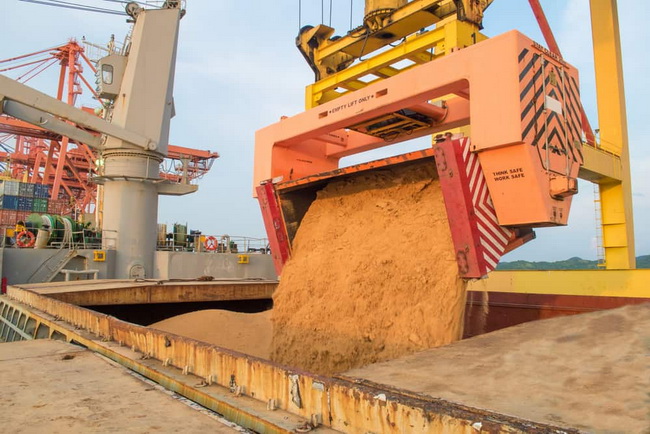Bulk cargo is substances that can pour because of the air or their placement at an angle. According to the type of unloading, such cargos are divided into two groups. The first type is unloaded without help. The second type is unloaded with the help of special mechanisms.
Bulk and embankment substances are divided into three groups.
- Food. Sugar, coffee, salt, flour, grains, and others refer to them.
- Non-food. It can be soil, polymer granules, peat, clay, or fertilizers.
- Construction materials. They are sand, rubble, cement, sawdust, and expanded clay.
Food bulk products require lots of attention while transporting. There are special documents that provide safety rules which must be followed.
Transport for delivering bulk cargos
To deliver a partial truckload of bulk cargo to the point of destination different vehicles are used. It can be automobile transport, railways, and marine. Each has its merits and benefits. One is better because of independence to weather conditions, but the other one can reach the recipient closer.
Marine vehicles are relevant only for those cities and countries which are situated near seas. A bulk carrier is an appropriate special marine ship for transporting bulk cargo. At the same time, a ship must have pump-room spaces. Also, a guarantee of sustainability must be provided. The shipbuilding industry provides the meeting of these requirements. Nevertheless, you need to deliver goods by other transport vehicles from the ports.
As for the railways, it isn’t necessary to develop a route. The railway is always in a proper technical state. The cargo can be transported despite the season and weather. The speed of the moving is also stable. But sometimes there are difficulties with door to door delivery. It can be impossible to transport to the warehouse.
When you need to transport bulk cargo to the point of destination, and there is no sea, you can use automobile transport. There is a wide choice of vehicles, which includes a lorry, a trailer, a bus, and a cistern. A cistern is the most useful in transporting bulky shipments.
A cistern is specially developed and equipped for bulk cargo transportation. It meets all the sanitation requirements because of the following features:
- It is made of light and strong aluminum alloys;
- It can provide few cameras which are isolated from each other;
- An inner surface is processed by a special hygienic layout;
- It doesn’t have any smells;
- It can be cleaned easily;
- It has high loading and unloading power;
- The working process is performed without losses.
Some bulk substances can be damaged because of the weather conditions. Rain and snow can be harmful. During transportation, you should protect such food and non-food products like sugar, flour, mineral fertilizers, lime, and so on.

